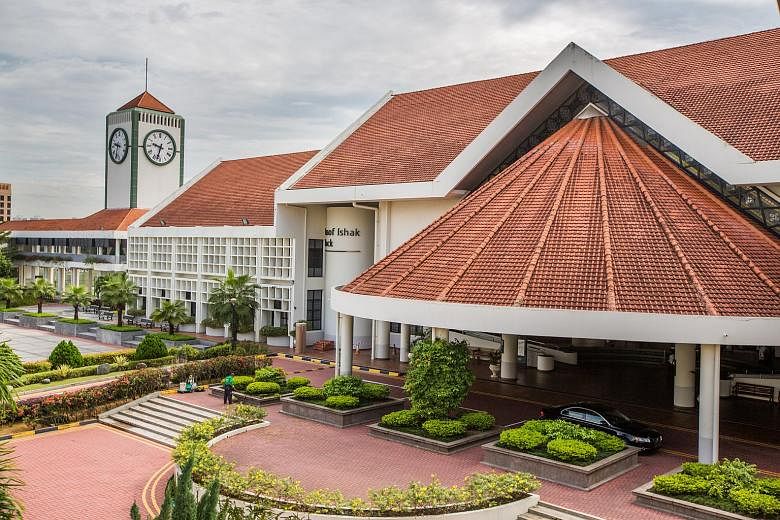Having graduated from Raffles Institution (RI) last year, I have witnessed the transformation of the school and would like to share my thoughts on the matter ("RI now a 'middle-class' school / 'Make RI a better school for S'pore'" and "RI population less diverse now, say many alumni"; both published on Aug 4).
Singapore is a society built on the core tenets of meritocracy, fairness and equity. However, in recent years, we seem to have collectively confused equity with equality.
Equality is making everyone stoop down to the lowest common denominator of society - everyone does the same thing and all are given equal probabilities. Equity entails everyone doing what their abilities allow them to do, and everyone being given equal opportunities to succeed; only the most outstanding grab those opportunities.
Often, what constitutes equality does not equate to equity. If we take a modern society and reduce it back to an agrarian one, where everyone puts in equal effort, we achieve equality but not equity - because we are taking people with the capability to be, for instance, lawyers and doctors, and making them do the same menial tasks as everyone else.
RI's principal, Mr Chan Poh Meng, highlighted the pursuit of equality - but what for? It is a natural consequence that students from affluent backgrounds get into better schools because their parents are likely more well-heeled and can afford better-quality education for them.
There is no point aiming for equality for the sake of equality, and giving up equity.
Elitism, in reality, is just the darker side of meritocracy. What has come about is a natural consequence of meritocracy - when we stream students according to their abilities, it is only natural that students whose families can afford better quality education make it to better institutions.
It is no fault of the school or the students or the precedence that previous principals have set. If anything, it is the fault of meritocracy.
But maybe that is not a fault at all. A natural consequence that stratifies society does have its own purpose for the well-educated, critical minds to mingle together to build Singapore up to greater heights. Intelligence is an asset; and we cannot allow ourselves to prioritise equality over intelligence and equity.
RI is often touted as a factory for future leaders - why would we want to draw resources away from the nurturing of our future leaders, or worse still, level the playing field?
We should relook the way we go off the well-trodden path, and ensure that we do not shake up the status quo just for the sake of doing so.
Read more forum letters here.

